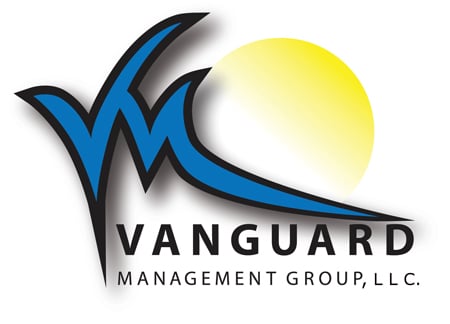

An HOA reserve study is a vital part of community association management. After all, an HOA’s reserve fund can save the community from financial ruin in difficult circumstances. Without a proper study, the community may have difficulty shouldering unforeseen expenses.
HOA reserves are a pool of funds homeowners associations save to finance future expenses like major maintenance, replacements, and repairs. They’re different from the HOA’s operating fund, as an operating fund primarily covers everyday expenses. On the other hand, the reserve fund covers expenses that don’t recur.
A reserve study for HOA communities thoroughly analyzes the association’s assets and finances. The study helps the HOA understand how much money they need to keep in their reserve fund. This is calculated based on the HOA’s size, common areas, and financial condition.
An HOA’s reserves are only fully funded once it can cover the association’s future financial commitments. This can be difficult, so many HOAs aspire to cover at least 70% of future obligations.
An HOA management company often conducts a homeowners association reserve study. Two main components make up the study, including:
A reserve study for homeowners association communities has four different types. These include the following:
An HOA reserve fund study can be expensive. Nonetheless, they are a necessary expense. Here are the main reasons why homeowners associations should conduct them.
An HOA reserve study ensures the association’s financial health. This helps the HOA know how much they should keep in the reserve fund. If the reserves are underfunded, the HOA risks being unable to cover major expenses for replacements and repairs.
The HOA won’t be able to navigate a financial crisis. As a result, the board may impose large special assessments that are too burdensome for the homeowners to bear. This can result in delinquencies that further worsen an HOA’s financial stability.
Alternatively, the HOA board may seek out a loan. This is similar to levying special assessments, as funding the loan means higher HOA assessments. It can also put the HOA at more financial risk if the association cannot repay the loan.
The HOA board has a fiduciary responsibility toward the homeowners association. Hence, the board members must do what’s best for the community. Part of this responsibility is conducting an HOA reserve study to assess the community’s financial health. An HOA board may face potential liability if it fails to conduct a reserve study.
An HOA reserve study helps determine the condition of the association’s assets and properties. The HOA board can understand how much the community’s assets have deteriorated and when they might need repairs or replacements.
This can help the HOA plan ahead. They can begin to look for vendors that can help them with the repairs and replacements. The board can also levy smaller special assessments to build up the reserve funds to cover the cost slowly.
In addition, an inspection of the HOA’s property and assets can uncover problems while they’re still small. The HOA can address these small issues, often costing less than major repairs. It’s a lot more cost-effective in the long run.
Physical deterioration can come with many problems. If an HOA ignores the physical state of its assets and properties, it may suddenly need to shoulder a major financial obligation. This can be unpleasant for the homeowners who had no idea the HOA would suddenly ask for a large assessment.
A reserve study keeps homeowners in the loop. They’ll understand the HOA’s common areas' state and current financial condition. The homeowners can then plan to meet the HOA’s financial obligations. This builds trust between the HOA and its members.
Some states require homeowners associations to conduct a reserve study. For instance, California requires HOAs to conduct a reserve study every three years. California law also outlines what the study must include.
Likewise, the state of Nevada requires HOAs to conduct reserve studies at least once every five years. Homeowners associations in Nevada must also review the study annually to evaluate whether their reserves are sufficient.
An HOA reserve analysis may cost as low as $250 for studies without on-site visits. However, full reserve studies can cost as much as $1,800, depending on the management company. The cost of an HOA reserve study may also differ based on the HOA’s size and amenities.
An HOA reserve study is a worthy investment for any homeowners association. It reveals the HOA’s current capacity and helps them reach or maintain financial stability. The HOA will inevitably need to make repairs, and being prepared for them will help the community stay afloat.
Not sure how to conduct a reserve study for your HOA? Vanguard Management Group can help. We offer a range of HOA management services to our clients. Call us today at 813-930-8036 or contact us online for more information!
